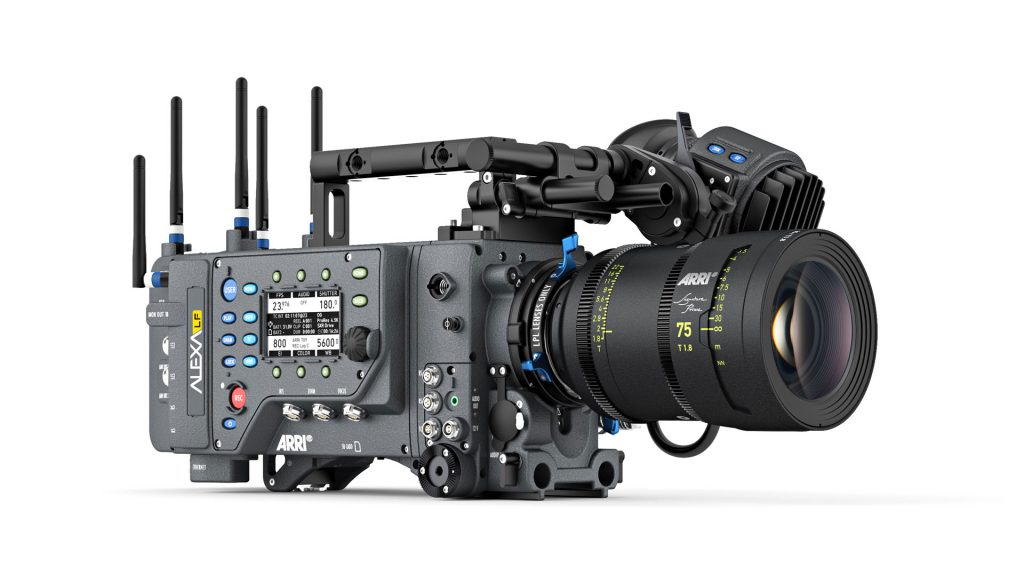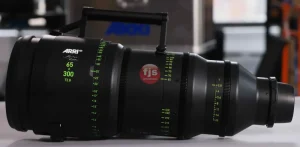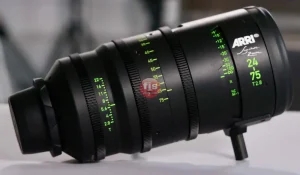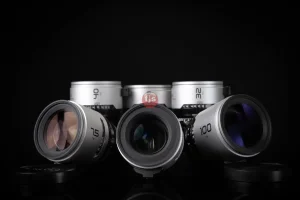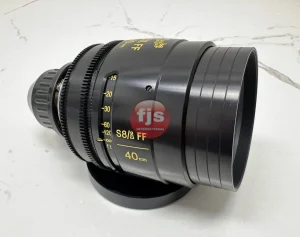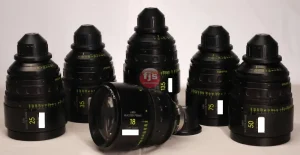Imagine this: you’re the conductor of a visual symphony. With each twist of your wrist, you bring characters into focus, blurring the background into a dreamy haze, and guiding the audience’s gaze to the heart of the scene. This is the magic of manual focus in cinema lenses, a deliberate dance between filmmaker and camera that transcends the click-and-shoot ease of autofocus.
But why manual focus? In the world of cinematic storytelling, it’s not just about technical precision; it’s about artistry and control. Let’s explore the key advantages that set manual focus apart:
1. Painterly Precision:
Unlike the reactive nature of autofocus, manual focus grants you the brushstrokes of a cinematic maestro. You become the conductor of light and focus, crafting the emotional arc of the scene with millimeter-perfect accuracy. Imagine meticulously guiding the focus from a character’s tear to a distant horizon, or pre-focusing on their path in an action sequence. Manual focus grants you the precision and intentionality to paint your story with light and focus.
2. Selective Storytelling:
Crave that dreamy bokeh effect, where your subject stands out against a blurred background? Manual focus lets you dial in a shallow depth of field, isolating the essence of the scene and drawing the viewer deeper into the character’s world. This selective focus becomes a potent storytelling tool, directing the audience’s attention and amplifying emotional impact.
3. Anticipating the Unseen:
Action scenes can be a blur for autofocus systems. But with manual focus, you can predict a character’s movement and pre-focus on their path, ensuring every frame remains crisply in view. Imagine the thrill of tracking a sprinting athlete or smoothly transitioning focus from a car zooming past to the stunned face of a bystander. Manual focus empowers you to anticipate the unseen and capture the dynamism of every scene.
4. A Collaborative Canvas:
Cinema lenses with manual focus are designed for teamwork. Standardized gear markings and follow focus systems facilitate seamless collaboration between the camera operator and focus puller. This allows for precise adjustments and creative control, especially in complex shots or challenging environments.
5. Mastering the Craft:
While it takes practice and patience, mastering manual focus is a rewarding journey. It deepens your understanding of focus control, its impact on storytelling, and the technical nuances of filmmaking. This knowledge becomes an invaluable asset, empowering you to make informed creative decisions and elevate your craft to new heights.
Conclusion:
Manual focus in cinema lenses is not just a technical tool; it’s an artistic philosophy. It’s about taking control of the visual narrative, crafting each frame with deliberate intention and precision. While autofocus offers convenience, manual focus unlocks a world of creative possibilities, allowing you to paint your story with light and focus, frame by mesmerizing frame.
Q&A:
- Is manual focus difficult to learn?
It requires practice and patience, but mastering manual focus is a rewarding journey. Many online resources and tutorials can guide you through the process. Remember, with dedication and practice, you can unlock the creative potential of manual focus.
- Can’t autofocus achieve similar results?
Autofocus can be fast and convenient, but it lacks the precision and intentionality of manual control. For a truly cinematic look and deliberate storytelling, manual focus remains the preferred choice for many filmmakers.
- What kind of films benefit most from manual focus?
Any genre can benefit from manual focus, but it’s particularly advantageous in dramas, period pieces, and artistic auteur films where deliberate control and precise storytelling are paramount.

